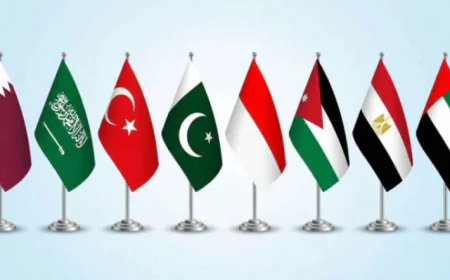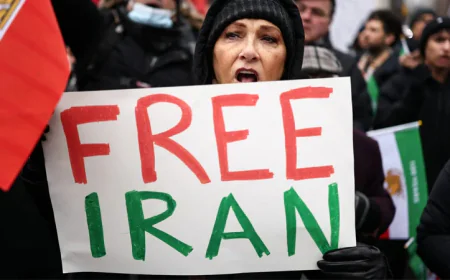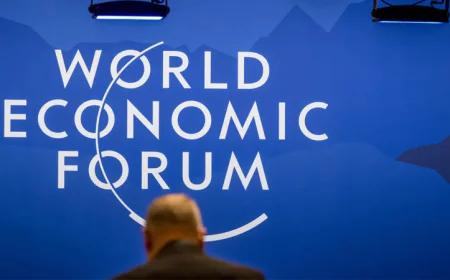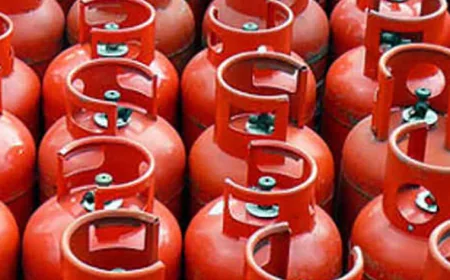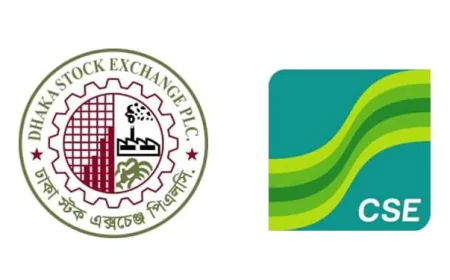Oil Markets React as Israel Strikes Iran, Hormuz Tensions Rise
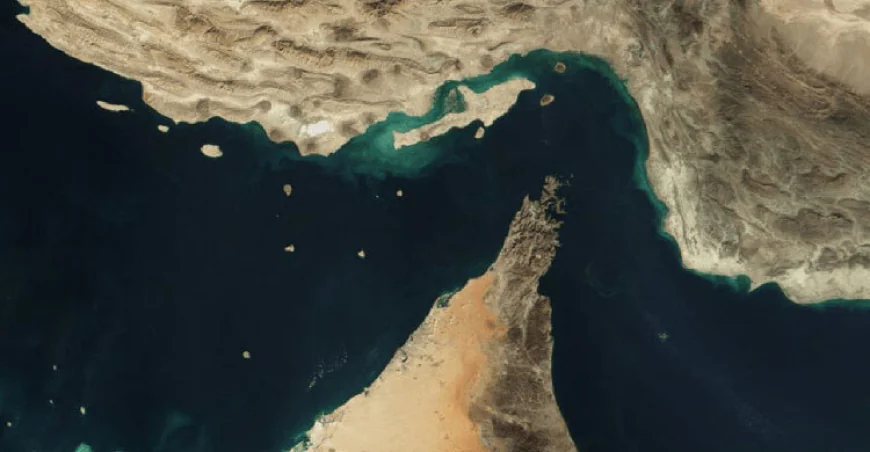
Iran is reportedly considering closing the Strait of Hormuz, a critical global oil chokepoint, as tensions with Israel escalate, according to Iran’s IRINN news agency citing conservative lawmaker Esmail Kosari. Such a move could send oil prices soaring and risk expanding the ongoing conflict into a broader regional crisis. Analysts warn that if Iran targets the Strait of Hormuz, it could severely disrupt global oil supplies potentially driving global oil prices to $100 per barrel. What is the Strait of Hormuz? The Strait of Hormuz, a narrow waterway between Iran and Oman, connects the Persian Gulf to the Gulf of Oman and the Arabian Sea. Described by the US Energy Information Administration as the “world’s most important oil transit chokepoint,” it facilitates the passage of approximately 20 per cent of global oil consumption—about 20 million barrels per day of oil, condensate, and fuel. At its narrowest point, the strait is just 33 km (21 miles) wide, with even tighter shipping lanes vulnerable to attacks or blockades. Israel-Iran conflict escalates On Friday, June 13, 2025, Israel launched airstrikes targeting Iran’s nuclear facilities, ballistic missile factories, and military commanders.
Iran taliated with hundreds of ballistic missiles and drone strikes against Israel. The tit-for-tat attacks have heightened fears of a wider Middle East conflict, with the Strait of Hormuz emerging as a potential flashpoint. Oil prices surged over 8 per cent on Friday, reaching $75 per barrel, the highest since January, reflecting market concerns over potential disruptions. Analysts, including Ron Bousso, warn that a prolonged conflict involving the strait could push oil prices to $100 per barrel or higher. Iran’s potential moves Iran could escalate by targeting Israeli military sites or US and allied infrastructure, such as oil and gas fields or ports in Saudi Arabia and the UAE. The Iranian Revolutionary Guards have a history of seizing tankers in the strait, including a British-flagged vessel in July 2024. Blocking or delaying shipments through the strait could disrupt global energy markets, as there is no alternative sea route for Gulf oil exports. Despite Iran’s weakened military position following Israel’s campaign against Hezbollah in Lebanon, Tehran might view an attack on the strait as a deterrent. However, such an action risks provoking a strong response from the US, which maintains naval forces in the region to secure the waterway.
Historical context The Strait of Hormuz has been a flashpoint before. During the 1980-1988 Iran-Iraq War, both nations targeted commercial vessels in the “Tanker War,” though the strait remained open. In 2019, four ships were attacked near the UAE’s Fujairah coast amid US-Iran tensions, with Washington blaming Tehran, which denied involvement. In April 2024, Iran seized a container ship near the strait following an Israeli attack on its consulate in Damascus, Syria. Efforts to bypass the strait Saudi Arabia and the UAE have developed alternative oil export routes. Saudi Arabia’s 5 million bpd pipeline to the Red Sea port of Yanbu, expandable by 2 million bpd, exported 1.5 million bpd in 2024. The UAE’s 1.5 million bpd pipeline to Fujairah bypasses the strait. However, these routes face risks from Iran-backed Houthis in Yemen, who have disrupted Red Sea shipping. Iraq and Kuwait, reliant on Gulf ports, have limited alternatives. Global oil supply and mitigation
Global oil supply remains robust, with non-OPEC producers like the US, Brazil, Canada, and Argentina increasing output. The International Energy Agency’s 1.2 billion-barrel strategic reserves and OPEC’s spare capacity, equivalent to Iran’s 3.3 million bpd, could mitigate disruptions. However, a prolonged closure of the strait would strain these resources. International response The US has distanced itself from Israel’s strikes, with President Donald Trump urging Iran to resume nuclear talks. The administration faces pressure to prevent energy price spikes that could affect American consumers. Leaders like Russia’s Vladimir Putin and Turkey’s Recep Tayyip Erdogan have called for de-escalation, warning of unpredictable consequences. Market impact The escalation has rattled markets, with stocks declining and safe-haven assets like gold and the dollar rising. Crude prices are expected to remain volatile as traders assess Iran’s next moves. A limited Iranian response targeting Israel may contain price increases, but any disruption to the Strait of Hormuz could have severe economic repercussions globally.






